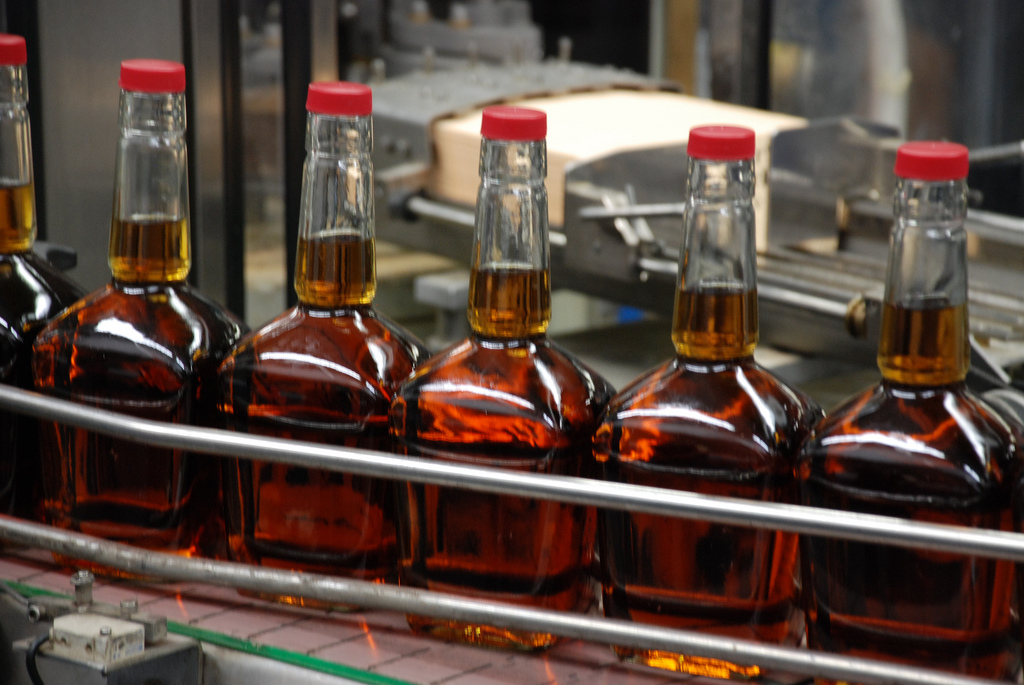Hand-Dipped vs. Handmade
All bourbon is whiskey, but not all whiskey is bourbon. All bourbon is not created equal, but it should be labeled and marketed honestly.
 Just four years after Maker’s Mark Distillery, Inc. (probably best known by its namesake mass-marketed bourbon) obtained an injunction protecting its trademarked red wax dip and seal, a class action lawsuit has been filed against the whiskey maker alleging false advertising.
Just four years after Maker’s Mark Distillery, Inc. (probably best known by its namesake mass-marketed bourbon) obtained an injunction protecting its trademarked red wax dip and seal, a class action lawsuit has been filed against the whiskey maker alleging false advertising.
No worries happy hour goers and bourbon drinkers, bottles will still fill the shelves this holiday season. However, while the kids are roasting chestnuts and cousin Eddie is getting into the eggnog this year, Maker’s Mark is being put to task on whether the representation it makes on its label that the bourbon is “handmade” is misleading and amounts to false advertising.
The lawsuit, seeking more than $5 million in damages, challenges the distillery on the basis the bourbon is manufactured through an automated process — a mass-produced system that is fundamentally contrary to the premium, high-end small batch criteria implied by the term “handmade.”In business school, they teach certain advertising exaggerations and puffery are acceptable. Watch a few episodes of Mad Men and you will quickly see why companies paid Don Draper good money to push a product. Labeling and packaging is most often more about selling than informing. That said, the information should be fair and accurate. Consumers have a right not to be mislead.
Maybe the best way to resolve this recent Maker’s Mark class action lawsuit is gather up several self-proclaimed bourbon enthusiasts, let them tour the distillery and vote on whether what they see is enough to tout the familiar red wax capped bottle as handmade. Whatever the outcome, there will be a great bourbon out there somewhere to make the perfect Manhattan.



